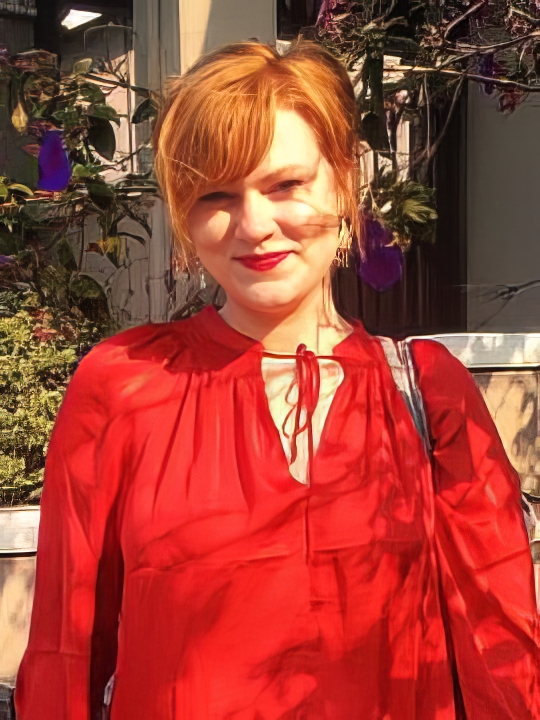Kimberly Richards
Research / Teaching Area
About
Kimberly Skye Richards is a settler scholar whose writing, teaching, activism, and artistic work engages performance as a vehicle for resisting extractivism and inspiring a just energy transition. She recently co-edited an issue of Canadian Theatre Review on “Extractivism and Performance” (April 2020). She has also published in TDR: The Drama Review, Theatre Journal, ISLE: Interdisciplinary Studies in Literature and Environment, Sustainable Tools for Precarious Times, and An Ecotopian Lexicon: Loanwords to Live With.
Kim is currently developing an open-access video archive of arts-activist strategies to promote a just energy transition. She is also a member of the Mission Circle of SCALE (Sectoral Climate Arts Leadership for the Emergency)-a “network of networks” of artists and organisations working at the intersection of culture and climate in Canada with the mandate to foster a coordinated, artful and impactful response to the climate emergency from Canada’s arts and culture sector.
Teaching
Research
- Cultural Studies
- Environment
- WRDS (Writing Studies)
Additional Description
WRDS 150A: Performance and Power
From public apologies issued by politicians for historical violences to theatrical strategies activists deploy to draw attention to injustice, performance is an important mode and medium of political communication. In this course, we will study some of the ways that political actors use performative strategies on stage and in everyday life with real consequences in the world. We will examine how diverse actors use scripts, choreographies, rehearsal practices, acting strategies, stage design, and recording technologies to persuade audiences of their righteousness, legitimacy and authority, and gain social, cultural, political and/or economic power in the process of doing so. We will observe how scholars working in social movement studies, critical Indigenous studies, discourse studies, celebrity studies, gender and women’s studies, and critical media studies describe, analyze, interpret and critique how power is gained, invoked and maintained through performance analysis. Doing so will help us to become more attentive and engaged citizens.
WRDS 150B: Futurisms
As the volatility, uncertainty, complexity, and ambiguity of the future seems to accelerate in local and global contexts with massive socio-environmental planetary challenges, there is an increasing interest in reimagining futures beyond dystopias and utopias. Futures studies is an interdisciplinary effort to aggregate and analyze trends to predict what is likely to continue, and what could plausibly change. Predicative techniques, such a forecasting, are being used to develop design solutions to wicked problems, like the impacts of rising waters on coastal communities. Planners and policy-makers also attempt to prevent, manage, and/or minimize crisis through methods of systems analysis and futures study. Such efforts at strategic foresight are always bound up in cost-benefit analyses, and decision-making processes that either reify existing inequities, or strategically undermine entrenched colonial and supremacist thought. The exploration of alternative futures by Indigenous futurists and Afro-futurists and other traditional knowledge perspectives marginalized within modernity invites investigation of the worldviews and mythologies that underlie possible, probable, and preferrable futures. Together, we will explore critical concepts in futures studies alongside personal and collective practices for creating desirable futures at the individual, collective, and societal level.
